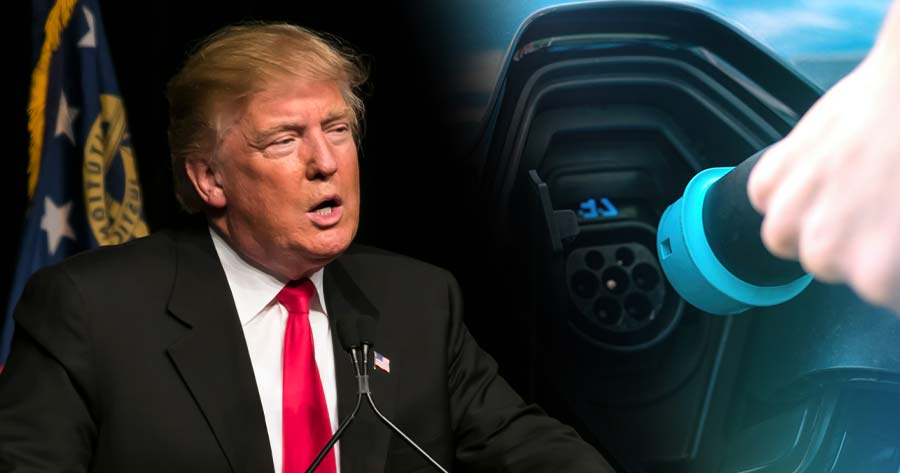Donald Trump’s victory may bring a period of uncertainty to the U.S. electric vehicle industry. The incoming Republican president has accused the U.S. EV industry forces consumers to purchase electric vehicles.
Trump has promised to roll back or eliminate vehicle emissions standards enforced by the Environmental Protection Agency, as well as incentives that promote EV products, including the Biden administration’s 2022 Inflation Reduction Act (IRA).
Experts argue that it would be nearly impossible to dismantle the IRA entirely, given that many EV investments have already been made in Republican-led states. However, concerns remain that Trump might defund or limit consumer tax credits available under the IRA for purchasing an EV.
Nonetheless, automotive executives have noted that new administrations typically lead to natural adjustments, such as shifts in policies and regulations. However, they assert that investment decisions or strategic plans are not directly influenced by changes in the presidency, which happen every four years.
With reduced authority in environmental agencies under Trump’s administration, several Wall Street analysts predict that Toyota and legacy automakers, such as General Motors, Ford Motor, and Stellantis, may benefit due to their reliance on fuel-powered vehicles.
In contrast, EV startups like Rivian Automotive and Lucid Group may face a tougher path, as their stock prices fell last Wednesday. However, Tesla—a leading U.S. electric vehicle company owned by Trump supporter Elon Musk—saw its shares rise, given its profitable status and plans to introduce more affordable models.
Trump’s key challenge may lie in his expected confrontation with California and other states that have set their own vehicle emissions standards. These states have plans to transition all sale vehicles to zero-emission models. Experts believe Trump could freeze or roll back Corporate Average Fuel Economy (CAFE) standards for model years 2027-2031, potentially delaying the transition.





